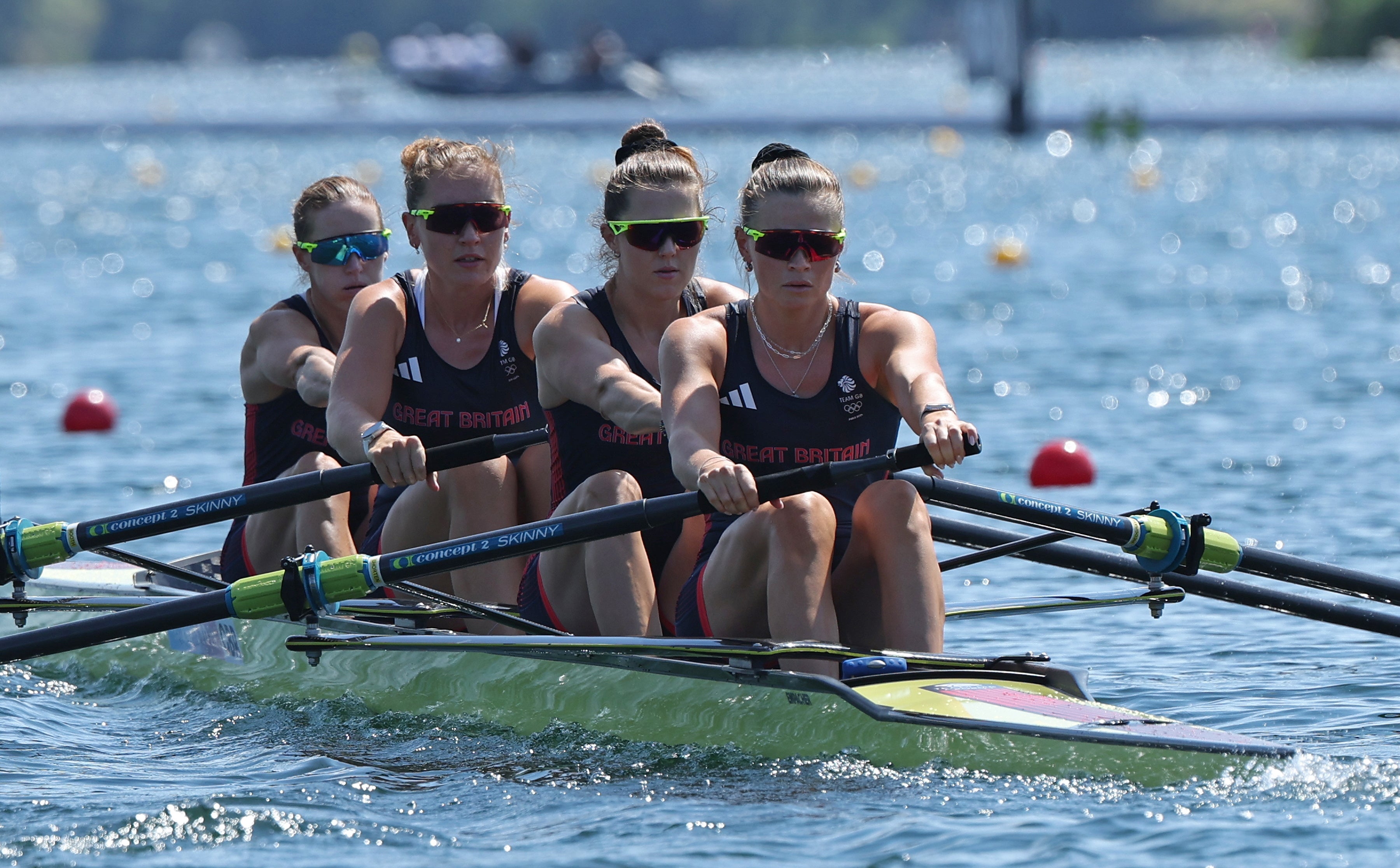[ad_1]
Support truly
independent journalism
Our mission is to deliver unbiased, fact-based reporting that holds power to account and exposes the truth.
Whether $5 or $50, every contribution counts.
Support us to deliver journalism without an agenda.

Just a day after the Paris 2024 Olympics came to a close UK Sport chair Katherine Grainger has admitted they have “work to do” despite securing 65 medals in total.
Before the games a target of 50-70 medals was set but the worrying number for the Olympic funding agency was the low number of gold medals won.
Team GB secured just 14, their lowest return since Athens 2004 and 15 fewer than they managed at London 2012.
The team surpassed the total number of medals won at Tokyo 2020 by one but finished seventh in the medal table, which prioritises golds, so they dropped three spots from the previous Games.
“We’ve got a strategic ambition to be in the top five,” Grainger told BBC Radio 4’s Today Programme.
“We were just below that this time but we always knew that between three and eight is very congested, very tight. One or two gold medals either way will shift you quite a few places up or down.”
Grainger added: “The main thing we’ve seen is we normally have around a 30% conversion rate [to medals that are gold],
“We were a bit below that this time so that just means there’s a bit of work to do for all of us who are involved in these various sports and supporting roles. There’s a bit of work in the review now to see are there places where we could have done more or less, or differently.”

There will be a lot of sports who will now have to wait to see how their showing in Paris impacts their funding for the next four-year Olympic cycle.
One sport that performed better than many expected was rowing, which Grainger knows all about, having won four silvers and one gold making her the most decorated female Olympian of all time.
The rowers won eight medals in total, including three golds, a huge improvement on results in Tokyo, when they managed just one silver and one bronze.
“A lot of people assume [investment] is about reward or punishment for immediate results, it’s very much the opposite,” added Grainger.
“It’s looking forward for the potential of a sport. Rowing is probably the most obvious example. A lot of people talked about, was it a disappointing return in Tokyo with only two medals out of a sport where you see multiple medals from?
“And if at that point the decision had been made to say two medals isn’t enough, therefore no funding, then we wouldn’t be seeing the huge success we have seen this time.
“A lot of conversations happened, [British] Rowing was brilliant about assessing their performances, what they thought their athlete potential was, what they thought their ambitions could be for Paris and they’ve delivered eight medals so a brilliant turnaround with Louise Kingsley as their performance director.”
[ad_2]
Source link



